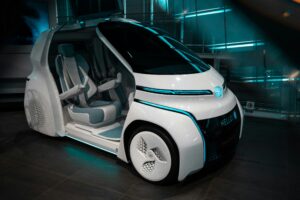In a world where technological advancements seem to have become the new norm, there is one particular development that has been quietly revolutionizing the way businesses operate – robotic process automation (RPA).
RPA involves the use of software robots or AI to automate repetitive tasks that were previously performed by humans. This technology has been gaining traction in recent years due to its ability to streamline processes, reduce errors, and increase efficiency. In fact, according to research firm Gartner, RPA software revenue is projected to reach $1.3 billion in 2019, a 63% increase from the previous year.
One of the key benefits of RPA is its potential to free up employees from mundane tasks, allowing them to focus on more strategic and value-added work. As Michael Brown, CEO of a leading RPA provider, puts it, “RPA allows companies to do more with less, ultimately driving productivity and innovation.”
However, as with any new technology, there are challenges that come with implementing RPA. Security concerns, integration issues, and the need for proper training are all factors that companies need to consider when adopting RPA.
Despite these challenges, the future of RPA is looking bright. With advancements in AI and machine learning, RPA is expected to become even more sophisticated and capable of handling more complex tasks. As businesses continue to embrace automation, it’s clear that RPA will play a significant role in shaping the future of work.



